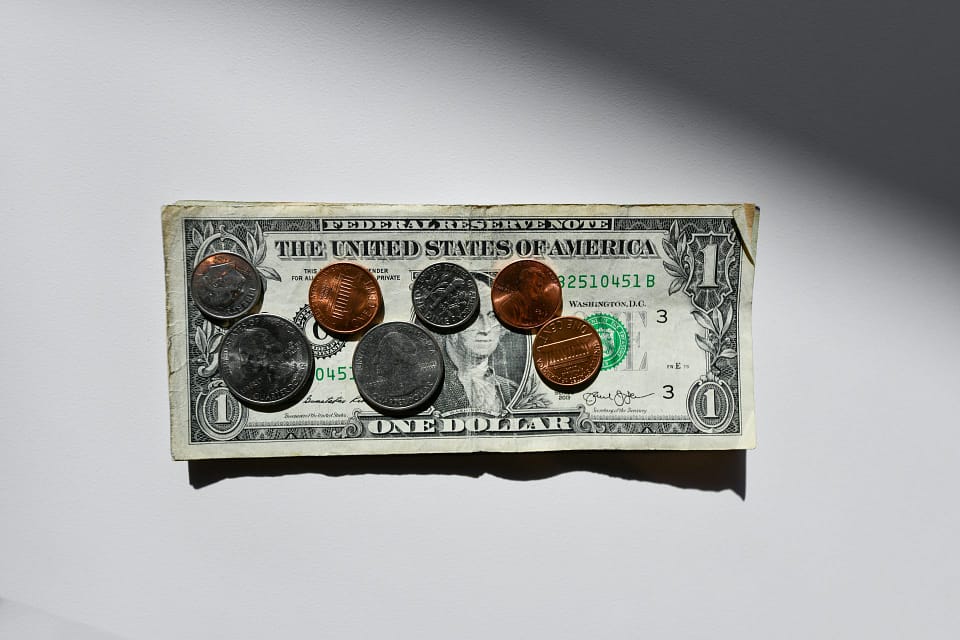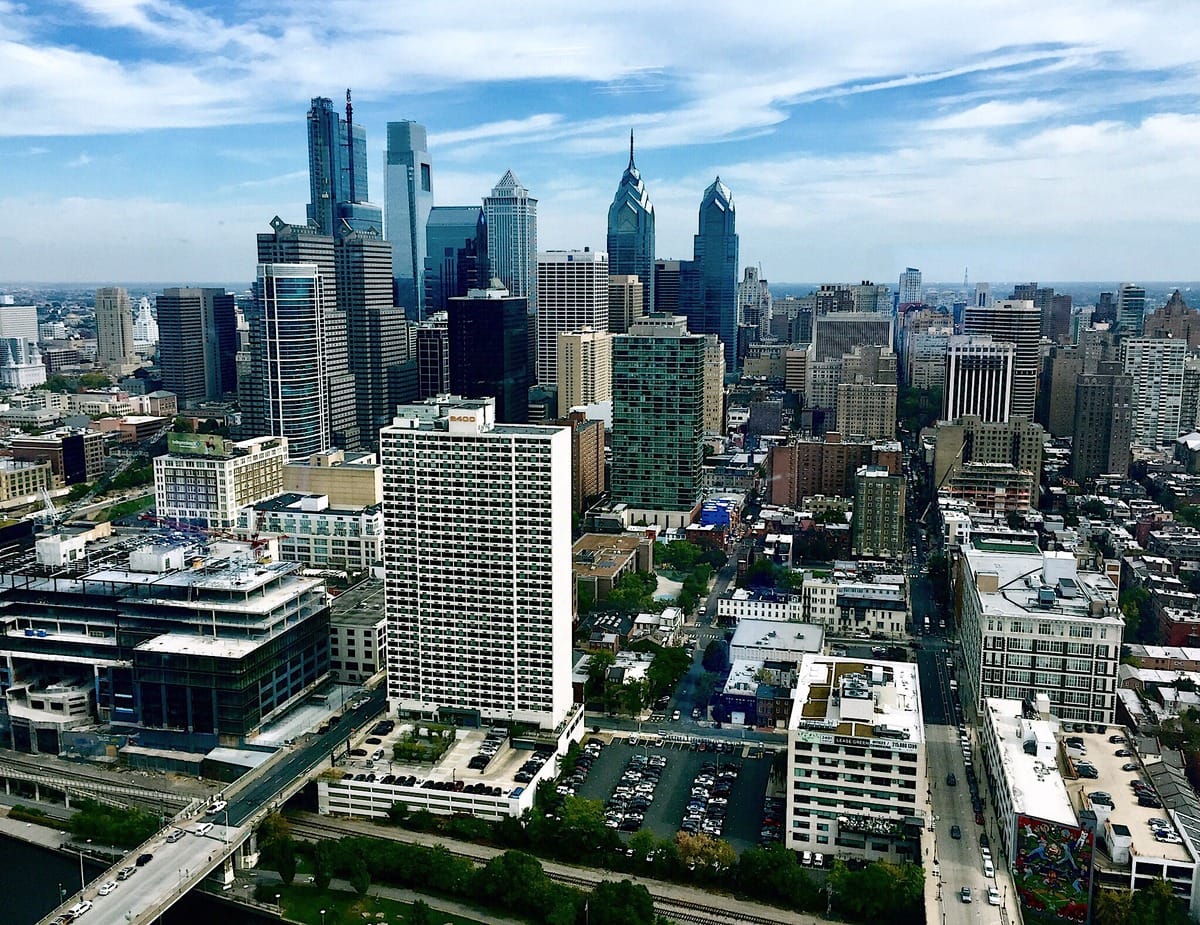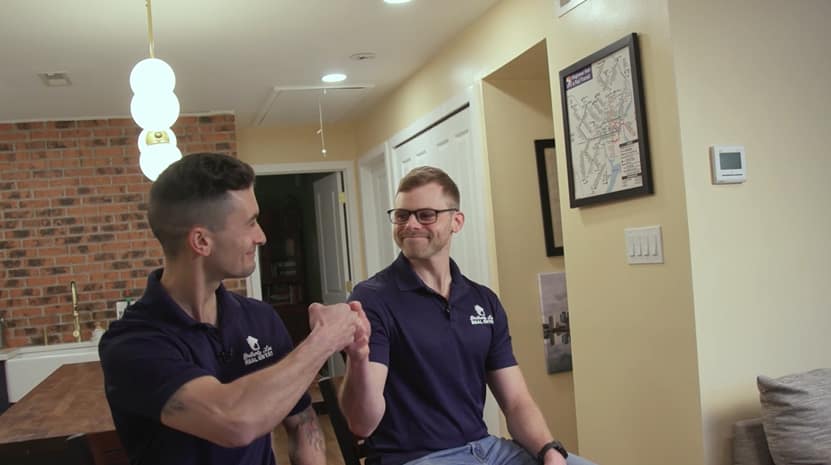What the Cost of Living in Philadelphia is Really Like

Philadelphia is our home, it’s our livelihood, it’s everything. For me, it’s the city that allowed me to set up business, and to Jon, it gave him his life.
The city ranks high among people looking to relocate. As we buy houses for cash, it’s easy to see people of all sorts trying to set their roots in Philly. The cost of living in Philadelphia, however, is a downside, being about 2% greater than the national average.
To help with this process, this article delves into the major costs you can expect to pay when living in Philadelphia. We’ll provide you with accurate estimates of current living costs and offer a fair view of what to expect if you are to call Philadelphia home.
Housing Costs

Housing costs are what Jon calls “here, take my money”. When you’re an adult, most of your paycheck goes towards housing.
Although there are affordable housing developments in Philly, they can be hard to come by.
To bring costs down, the neighborhood needs to be outside the city center, or even consider renting an apartment in Philly as opposed to buying. To get a better idea of what costs to expect, here are some key statistics related to rent and homeownership.
Rent Prices
In 2025, the average renter in Philadelphia pays $1,650 for a one-bed apartment, rising to just under $2,000 for a two-bed. That’s a little below the national average for major cities and lower than other East Coast hubs like Boston and New York.
Homeownership
While this bitter news may be too much for some, the average price of a house in Philly is roughly $250K – if you have the money to buy. It seems like a lot, but considering house prices have skyrocketed nationwide, it’s really much less expensive than other big cities in the US.
That said, residents of Philadelphia are subject to higher-than-average property taxes, standing at 1.3% of a home’s total assessed value. We buy houses in Philly, and even our company has struggled with increased taxes in the city. Doesn’t quite feel like the City of Brotherly Love that we all once knew.
Food and Groceries
Philadelphia boasts national average grocery bills, offering a single person the ability to cover food costs of around $300-$400 per month. Naturally, if your diet is complex or you only eat upper-end items, then this may increase, but a typical family of four should be looking to spend around $800-$1,000 per month for good food.
Philadelphia is also considered a hotspot for foodies, so maybe consider putting some money aside for dining out if you choose to live there.
Transportation
The public transportation system is run by SEPTA and serves customers across the entire city. A monthly SEPTA TransPass retails for $96 a month. For those who also need regional rail access, the TrailPass ranges from $105 to $204 per month, depending on the zones traveled.
You can also expect gas prices in Philadelphia to be slightly higher than the national average. Parking is a mammoth cost as well; monthly garage rates downtown can set you back as much as $200-$400. Philadelphia, with an average annual premium rate of around $2,000, also has some of the highest auto insurance rates in Pennsylvania.
Utilities
The average monthly utility bills are $250. This includes electricity, heating, cooling, water, and garbage disposal. Internet and cellular network plans typically add a further $50-$80 per month, depending on the provider and package chosen. You can look for bundles or prioritize one subscription over another in care if you don’t use all the features offered.
Healthcare
On average, the healthcare costs are about the same as those across most of the nation. The average annual premium for employer-provided health insurance is roughly $7,000 for standard coverage and around $20,000 for a family plan.
Education
There are decent options for schools in Philadelphia. Over 200,000 students enjoy a great free public school system, but if you’d prefer to enroll in a private school, tuition prices can go as high as $40,000 per year. Later schooling at Temple University costs $16,000 a year, while your typical private university charges $60,000 annually.
Taxes
The wage tax for Philadelphians is 3.8%. People who work in the city but don’t bed down there pay 3.4%. The sales tax rate is 8%. This is split between a 6% Pennsylvania sales tax and a 2% local tax.
The Cost of Living in Philly Is Not Bad

So, you’re thinking about moving here, and we understand why. Philadelphia is a city of unique opportunities and beauty. This makes it an attractive place to call home.
It’s a mix of historical charm and modernity at a cost that’s relatively moderate for a major U.S. city. While you’ll pay more for certain things here, you’ll also have access to more affordable housing and entertainment options compared to other big cities that will give you the same opportunities.
If you need more information about the cost of living in Philadelphia, reach out to us, and we can discuss all things Philly over a cup of coffee.
